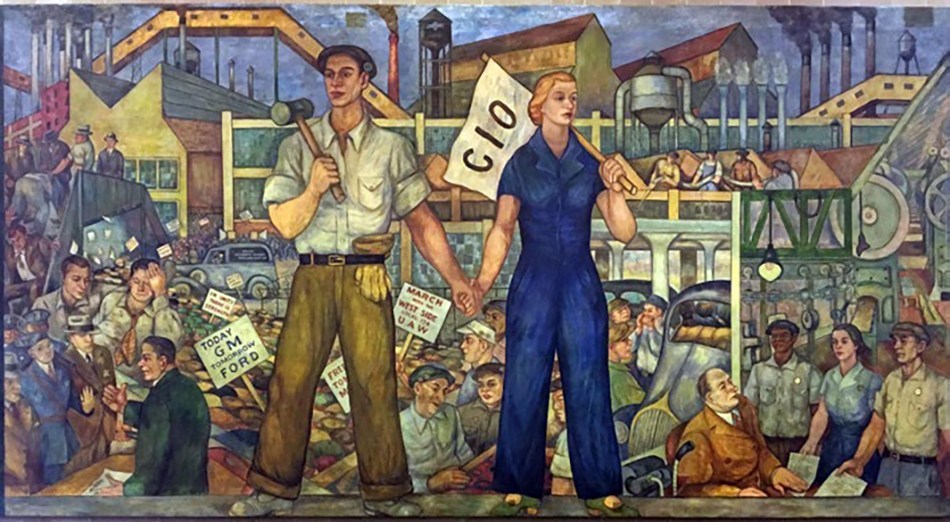
Modern Monetary Theory (AKA MMT) is the latest incarnation of a long-running current in economic thought, once called Chartalism, which has gained prominence in recent years as an alternative to austerity economics, whose dictates have immiserated millions, destabilized world politics, and threaten the extinction of the human race thanks to climate inaction in the guise of "fiscal restraint."
MMT's core precept is that governments first spend money into existence and then tax it out of existence (contrast this with the standard account that says that governments must tax citizens to pay for programs, which raises the question, "How did the citizens get the money to pay for their taxes unless the government first spent that money into existence, given that governments are the sole source of currency?").
The implications for this are relatively easy to follow, but are profound in terms of where they lead you. MMTers hold that sovereign currency issuers (most countries, but not Eurozone countries like Greece, say) cannot default on their debts so long as those debts are denominated in the currency they issue (unlike Venezuela, say, which owed debts denominated in US dollars).
And while government spending can lead to inflation, it's not deficits that cause inflation, it's government spending on things that the private sector is also seeking to buy -- if the government is procuring materials, labor or goods that the private sector is already using, it creates a bidding war that drives up the prices of these things. But if there is stuff that the private sector is not using -- notably, if there are unemployed people who want work that the private sector isn't delivering -- then the state can spend as much as it needs to mobilize that labor in service to public goals, like remediating climate change.
And even when governments do spend money into existence to buy things the private sector is using, it needn't be inflationary. The most prominent example of massive, non-inflationary public spending is WWII, when governments procured a huge amount of things the private sector was using (including labor and materials) but despite all that spending, states were able to control inflation by selling war bonds, which sequestered away the new capital so it wasn't available to chase the things the state needed to tool up for war.
Continue reading
It’s worth clicking through to read the comments as well.
No comments:
Post a Comment